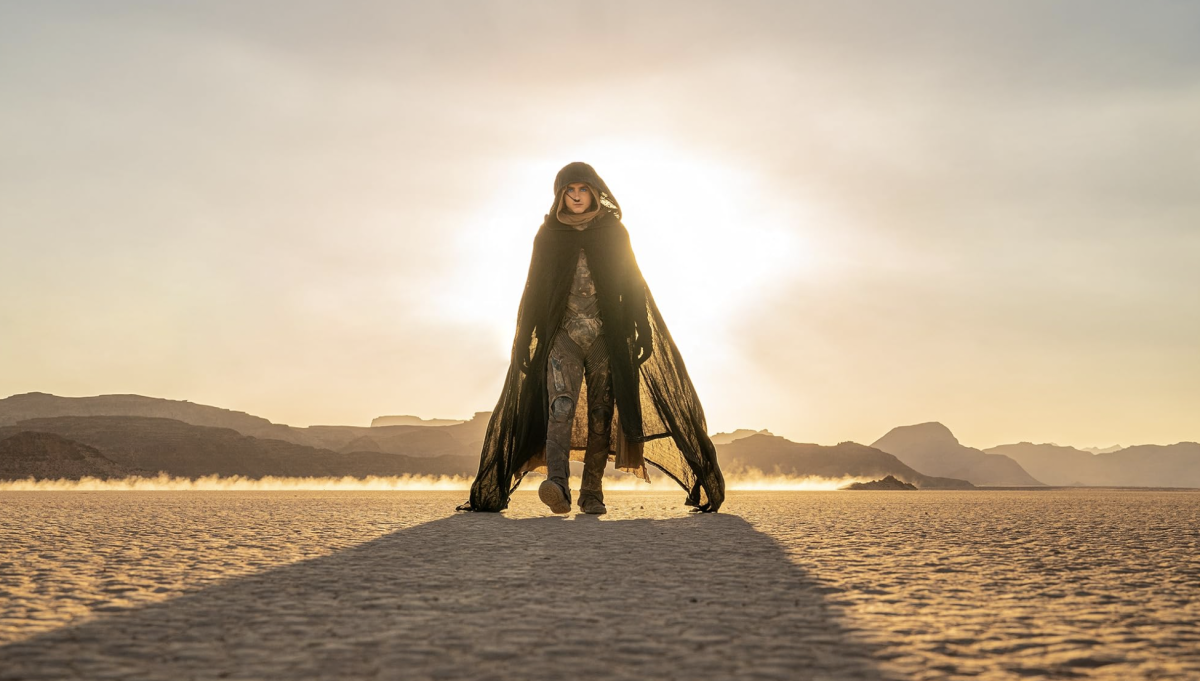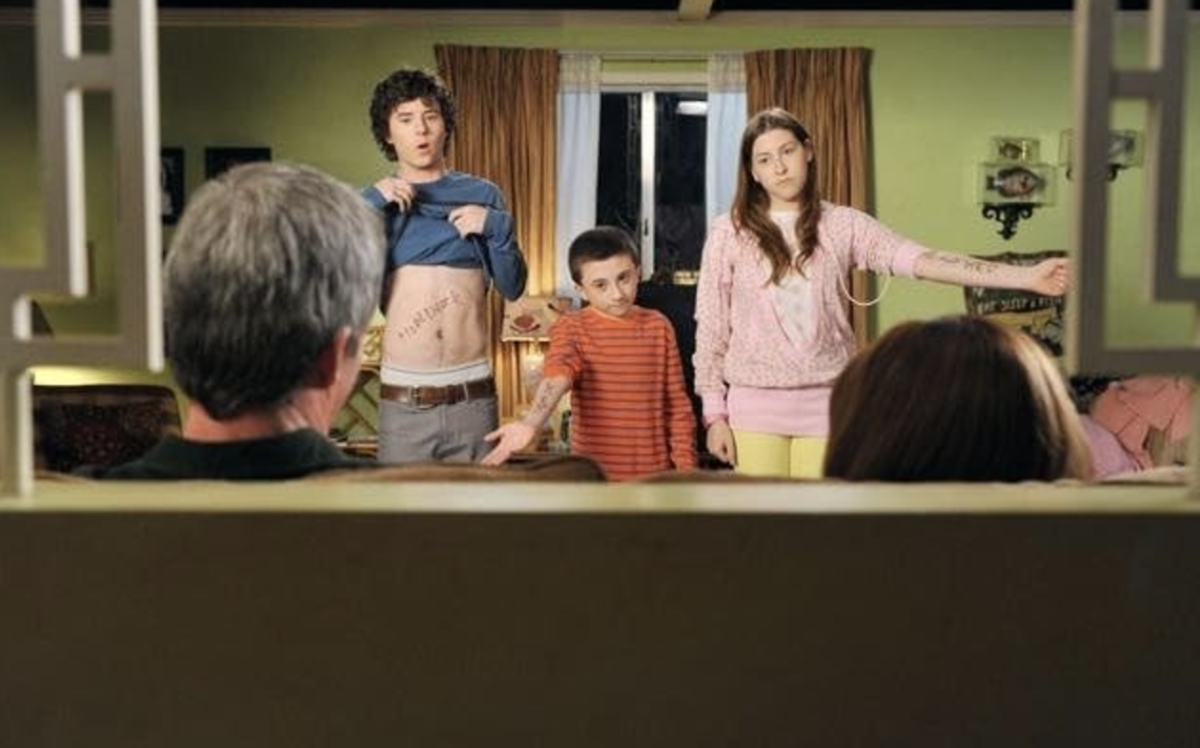
Even if Andrew Sarris insisted otherwise, auteurism has always been a nebulous concept. Whether it’s the script, the direction, the edits or the actors, cinema is a collaborative medium. Television, whose extended length in many ways requires an even more dedicated team effort, makes for an even less welcoming environment for personal visions.
There’s been exceptions, of course. Under the guise of “showrunner,” we’ve seen artists express wonderful artistic statements through television like David Chase, Louis C.K., David Simon, Gene Roddenberry, Dan Harmon, David Milch, Matt Weiner, David Lynch and Lena Dunham. Talented as these names are, it’s a pretty white crowd – to say nothing of its complete absence of women of color. Enter Aziz Ansari.
With help from “Parks and Recreation” co-writer Alan Yang, Ansari’s wonderful new Netflix show “Master of None” offers a unique, witty and warm look at the difficulty of finding balance between millennial malaise and second-generation immigrant anxiety.
When I first heard the premise of the show, I rolled my eyes. “Oh great,” I thought. “Another one of those shows.”
To be fair to my past, more ignorant self, when you hear the plot synopsis, you might jump to same conclusion. A struggling 20-something-year-old with financial burdens and an abysmal love life in the Big Apple isn’t exactly a revolutionary setup – see nearly every popular sitcom of the past 20 years for further detail.
Yet if the story itself seems stale, it’s the way that “Master of None” tells its story that makes its heart beat with vitality and freshness. If it had a feature length runtime, for example, the show’s penultimate episode, “Mornings,” may have been the best romantic comedy of 2015. A jovial yet sad show, this beautifully directed series has exuberance and charm. Even when all seems hopeless, “Master of None” never once feels like a downer.
Ansari plays Dev, an actor who mainly gets by on tacky Go-Gurt commercials. Although basically an analogue for Ansari’s own experiences, Dev possesses a charming everyman quality that recalls the show’s title. Dev has a type of wisdom anchored by both idealism and cynicism, and sometimes undercut by a childlike sense of enthusiasm.
Aziz Ansari’s performance casts a character marked by indecision and doubt, and his inability to settle down marks him with a type of low-key arrested development. Dev often grimaces at the bad hand fortune deals him, yet his misfortune never grates. Ansari captures humor and sadness in his wide, expressive eyes and finds a lovely symbiosis in these two qualities.
Although a comedy, the humor around “Master of None” often highlights subject matter that some more comfortable members of society would perhaps rather leave undisturbed. The second chapter, “Parents,” deals with blunt honesty the hardships that first-generation immigrants faced, and how their children can never really comprehend how much they suffered in order to insure their comfort, as well as the luxury to ignore their awkwardly-worded texts to hang out.
Furthermore, “Ladies and Gentlemen” examines misogyny at both its most active and at its most subtle. Written by two women (Sarah Peters and Zoe Jarman) and directed by another (“Humpday” director Lynn Shelton), an unsettling scene opens the episode – set to the “Halloween” theme – in which one of Dev’s co-workers is followed home by a classic “nice guy” troglodyte who can’t take no for an answer.
Meanwhile, Dev and his friend Arnold (in a hilariously irreverent performance from Eric Wareheim) casually stroll through the park late at night, their main worry concerning whether or not they stepped in some dog crap. As this juxtaposition critiques, such is the reality of male privilege: men can walk through the streets after dark without a care in the world.
When Dev learns what happened to his co-worker, he is appalled by this blatant sleaziness and impresses his friends with some feminist rhetoric. Yet he misses a far simpler example of sexism when his boss shakes the hands of his male friends, but casually stiffs his female ones. Dev makes poor excuses for his boss’s negligence, and seems unable to acknowledge this ugly display until put under pressure. It’s easy to rail against blatant evil, less so when you yourself may be indirectly contributing to that culture of oppression.
“Indians on TV,” one of the show’s best episodes, explores the dismal lack of diversity on television, and moreover, how any minority presence at all is often reduced to cheap tokenization and cringe-worthy stereotypes. One of the best dialogue sequences occurs between Dev and his friend Ravi (Ravi Patel), a fellow Indian actor. When Ravi says, “There can’t be two Indians on TV,” Dev replies, in exasperation, “But what if we just tried it?”
Not only does “Master of None” explore social problems that plague our culture, it provides methods in which they can be combatted. Never pessimistic even when it displays society at its worst, this show finds positive, constructive solutions in order to fight everyday injustice, be it active malevolence or pernicious microaggressions. Social justice issues are not the show’s overt point, they merely underline the experiences of a voice we need to hear more often. All the while, its pervasive warmth and wit never falls by the wayside.
Nate Taskin can be reached at [email protected].



















